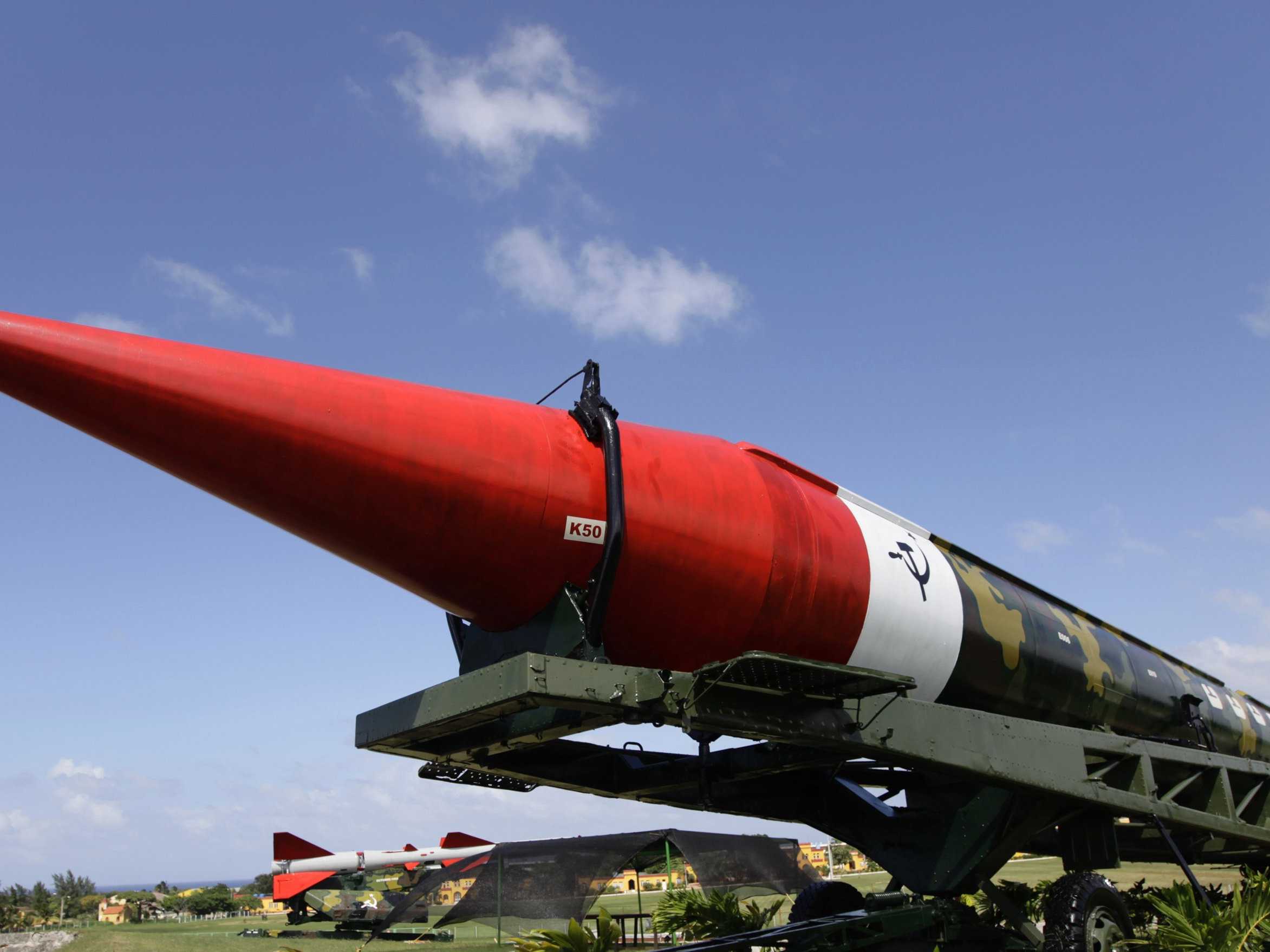Does the spread of nuclear weapons promote stability or encourage complete disaster? For realists like Kenneth Waltz, more nuclear weapons may be better: states are unlikely to engage in conflict against nuclear states given the threat of mass destruction. If peace is defined by absence of war between major powers, the world has undoubtedly been a place of peace since the US detonation of the atomic bomb in Japan in 1945. However, I, along with many others, am sceptical of nuclear proliferation. Peace is not determined by major powers, and poverty, regional conflict and global disasters continue to plague the international sphere. The threat is worsening by freer access to nuclear weapons; what was once a bipolar struggle between the US and USSR, is now a nine-state battle between autocracies like North Korea, and democracies like the USA. Is it too late to turn back? Is a nuclear-free world now impossible?
Waltz proposes that nuclear proliferation creates a ‘stability-instability paradox’. This means that nuclear states feel safe from large-scale attack of less-powerful states because of their military capacity, thus erasing the chances of conventional war. However, this is somewhat flawed; indeed, the Cold War did what it says on the tin, there were no ‘hot’ wars between the US and USSR. But peace did not permeate the entire globe; proxy wars were rife in states like Vietnam, Korea, and Taiwan. British nuclear power did not deter Argentina from invading the Falklands, just as Israel’s nuclear arsenal did not prevent attacks from Egypt in 1973. Nuclear proliferation does not rule out chances of war. ‘Weapons’ and ‘peace’ do not belong in the same breath.
Deterrence is a risky theory as miscalculation has devastating impacts. The realist argument of deterrence falls back on the fact that nuclear weapons have only been used once, and therefore are a good deterrent. However, as John Gaddis – a Cold War expert – proposed, history is no sure way to predict the future, and conventional wars always have the ability to escalate into more wide-spread, detrimental conflicts. Therefore, nuclear proliferation does not deter states from war, and can we really leave room for risks when fission nuclear weapons (the kind dropped on Japan) release energy equivalent to tens of thousands of tons of TNT?
The risks of nuclear proliferation are spiralling out of control. Will the spread of nuclear weapons complicate international life by turning the bipolar world into a multipolar one? The world’s most repressive dictatorship, North Korea, has become the ninth nuclear power. Completely isolated from the rest of world, North Korea has a record of internal repression to achieve political ends. Dictator, Kim Jon Un, boasted that the United States was within range of their nuclear weapons and that, ‘a nuclear button is always on my desk’. North Korea is usually the anomaly in a political debate, but even Putin has bragged about having the most powerful warhead, and Donald Trump has trumped this (pun intended), boasting about the size of nuclear button.
In an ideal world, we would have no nuclear weapons. But the world is far from ideal. Now that nuclear power has been developed, deterrence seems to be the most realistic policy to prevent wide-scale war. But can we rely on leaders like Kim Jon Un, Donald Trump, and Vladimir Putin to keep their word, and more importantly, to the law? Nuclear risks are growing and the world’s ability to manage them is shrinking. Threats to world peace are increasing and nuclear arsenal is certainly not the solution.
Image: Business Insider

